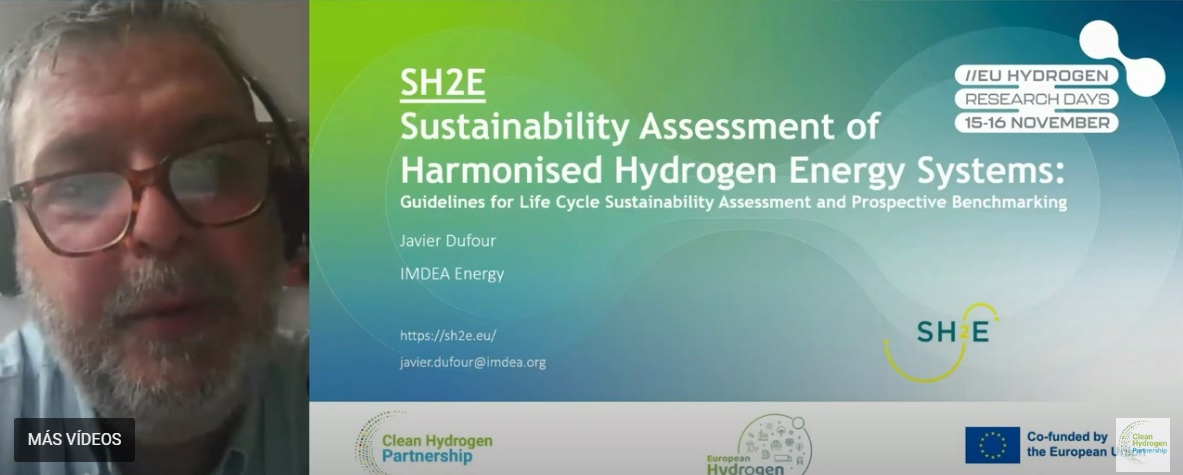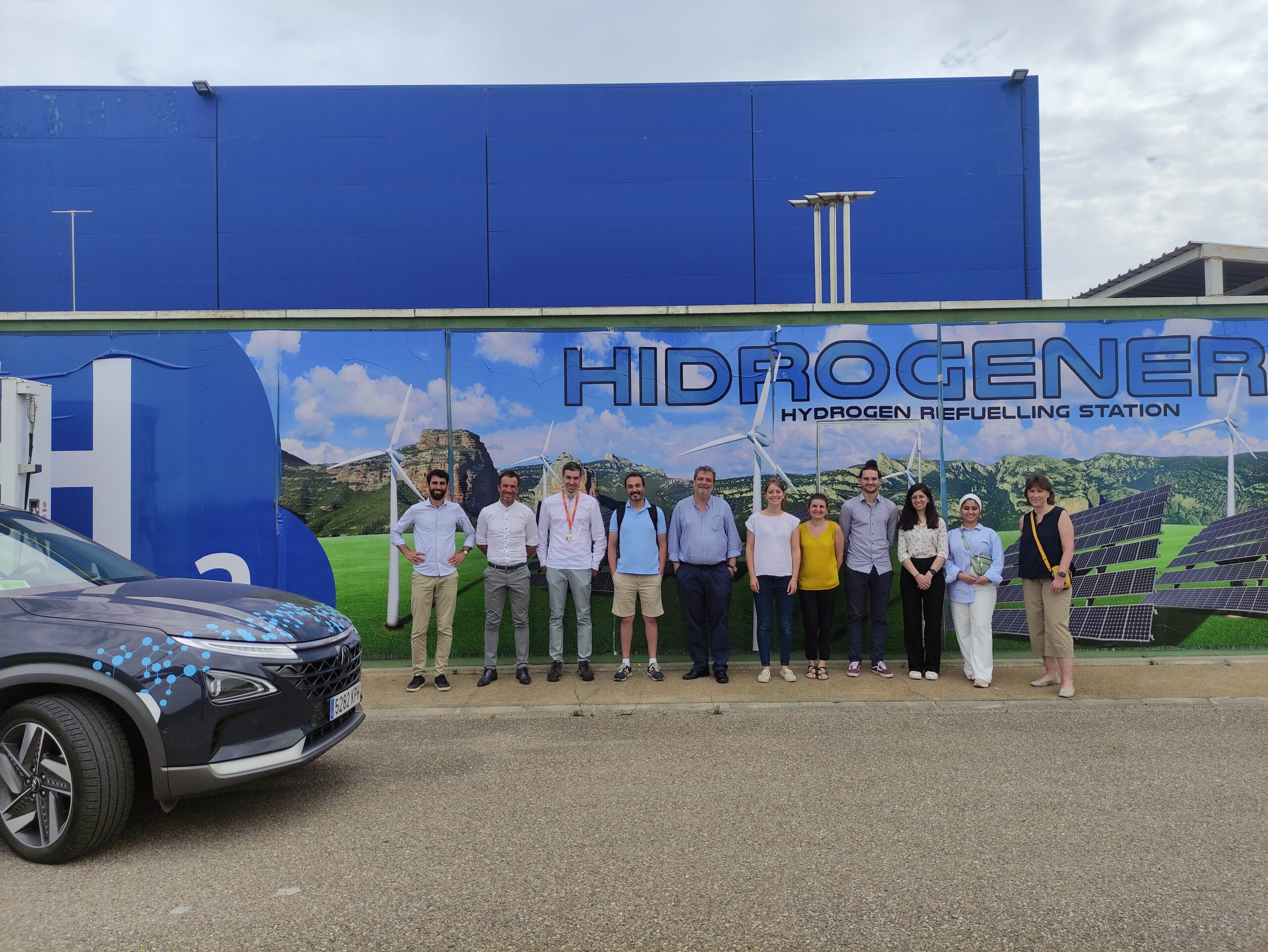
Towards an enhanced sustainable mobility, Symbio’s research focuses on the fuel cell components’ end-of-life recyclability in the frame of the SH2e objectives
- Against the strong momentum of hydrogen as a key lever to decarbonize economies towards the global climate change efforts, the SH2e (Sustainability Assessment of Harmonised Hydrogen Energy System) project aims at building a harmonised multi-dimensional framework for the life-cycle sustainability assessment (LCSA) and prospective benchmarking of hydrogen fuel cell systems.
- Symbio is actively involved in this project, with a circular economy approach, focusing on the end-to-end recyclability of the hydrogen fuel cell components
- The SH2e project has received funding from the FCHJU and the European Union under grant agreement N°101007163.
In the fight against global warming, the European hydrogen industry is investing in the development of eco-friendly solutions. In this context, the SH2e project intends to take up the key challenge of identifying the main stakes of fuel cell recyclability to further enhance its sustainability, while developing a robust methodological framework to support decision-making concerning sustainable solutions. The result will be an opensource software, allowing the evaluation of the environmental impact of hydrogen systems for all market players. Furthermore, the project intends to outline the various precursor elements of future standards on hydrogen-related subjects.
Symbio, a major player in the European hydrogen industry and one of the global leaders in fuel cell solutions for hydrogen zero-emission mobility, contributes to the SH2e project with a focus on product sustainability, bringing its expertise for the definition of case studies and the application of the LCSA guidelines. In particular, the focal point of Symbio’s contribution within this project addresses the reprocessing of end-of-life fuel cells.
Thus, Symbio is mobilized to explore solutions that effectively optimize the recycling of the various fuel cell modules, particularly the stacks. Still in the research phase, this approach should eventually allow to better develop and define a structuring framework for life cycle analysis, and to engage the entire value chain of the hydrogen industry towards a better reuse of fuel cells.
A subsidiary of Michelin and Faurecia, Symbio strives to be an environmentally responsible industrial actor regarding hydrogen-based solutions. Its involvement in the SH2e project is testimonial of its commitment to taking a true circular economy approach, thus working toward FC recyclability, and promoting the development of an enhanced sustainable Hydrogen zero-emission mobility.






